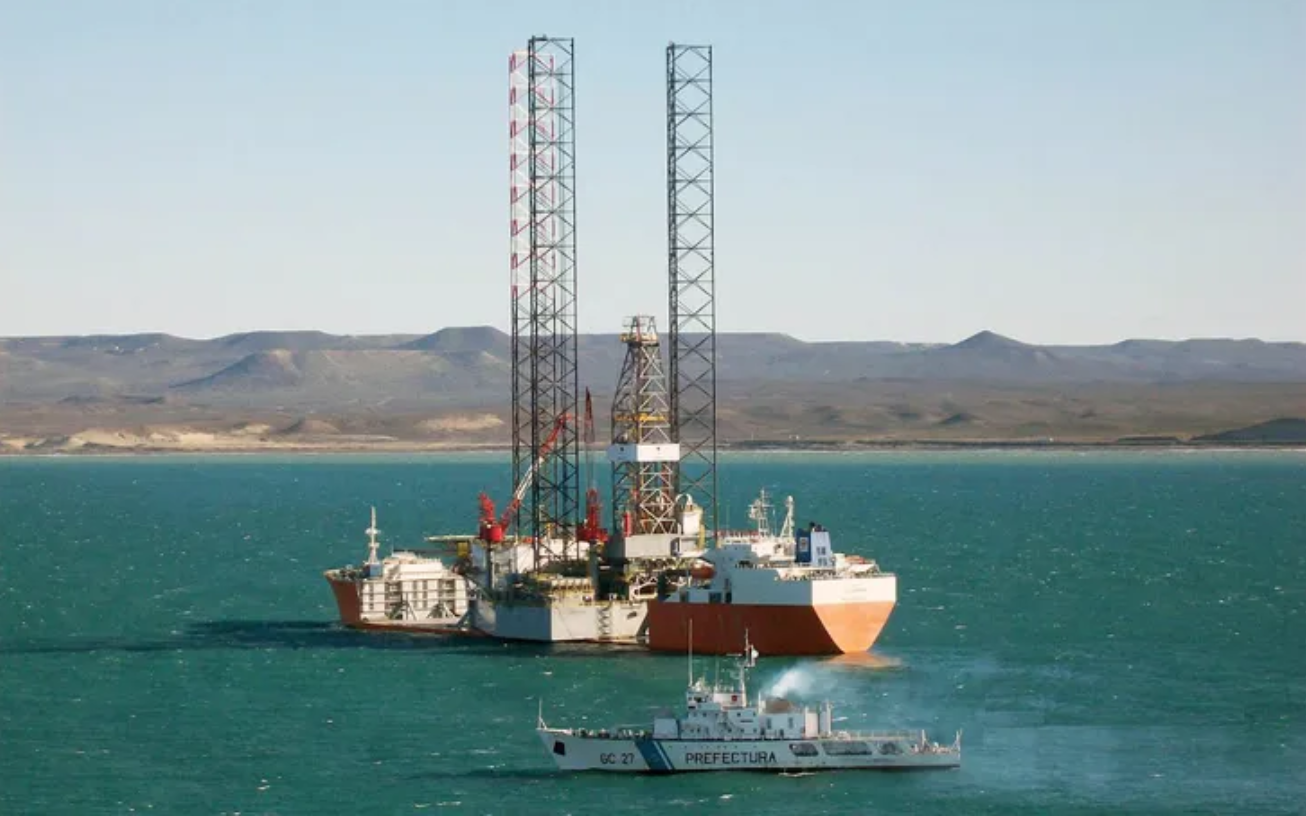In his recent speech at the annual meeting of the Boards of Governors of the Inter-American Development Bank (IDB) in Panama, Argentina’s Minister of Economy, Sergio Massa, raised the multilateral bank’s obsession with the climate issue. Becoming a Global South spokesperson, Massa stressed the responsibility of developed countries in the current climate emergency, believing that they should stop emitting and thus allow developing countries to begin their path toward progress.
The responsibility of countries such as Great Britain (cradle of the industrial revolution) or the United States (economic preeminence throughout the 20th century) is evident since they have been among the main emitters. The stock is thus associated with a “handful of developed countries”.
This pattern of accumulation led to the recognition of common but different responsibilities that emerged at the Rio Earth Summit (1992). In that year, the accumulation of carbon in the atmosphere amounted to 359 particles per million (ppm), while the global average temperature showed an increase of 0.12 °C compared to the pattern observed in the pre-industrial era.
That year also saw the creation of the United Nations Framework Convention on Climate Change (UNFCCC), an entity whose reports would gain respect year after year. Five years later, the Kyoto Protocol was adopted, which resulted in binding emission reduction targets and affected a number of developed economies, although many countries later tried to renege on their commitments when the permitting scheme began to take off. But the treaty also introduced the Clean Development Mechanism (CDM), which sought to reduce emissions from developing countries. China turned out to be one of the most active, accounting for almost 60% of the projects.
At the time of the signing of the Paris Agreement (2015), the carbon particles amounted to 399.4 ppm, the climate emergency was already beginning to show signs of an emergency, and a significant portion of the incremental emissions was now linked to China, a country that had been the world’s factory in that short time. Although many of the conditions commonly associated with underdevelopment were still in place, the Chinese government committed itself to reduce its emissions, which was one of the political highlights of the summit. China left behind its role as a spokesperson for the global south and prioritized its role as a provider of clean technologies.
Climate emergencies involve tornadoes, heavy rains, or droughts. Every extreme weather event causes death and destruction in its wake. Thus, in May 2022, emissions were 421 ppm, a value 50% above that observed in the pre-industrial era.
Changes in the climate will become more and more recurrent, which will bring with them more acute economic problems. Despite all this, macroeconomics continues to be thought of as something dissociated from nature, and an extractivist development model is being pursued, which is expected to bring social benefits while disregarding environmental consequences.
In this context, the role of the region’s major economies should be highlighted. This is because analyzing the accumulated emissions from the industrial revolution to the present day (1850-2021), Brazil, Argentina, and Mexico rank among the top twenty emitters. Although some countries perceive themselves as “environmental creditors”, this narrative is not credible in the eyes of several Central American and Caribbean countries.
The harmful effect of fossil fuel combustion has been recognized for years, although the oil industry ignored it for a long time, and then tried to play down the magnitude of the problem or claim that the warming was irreversible. Today, the main producers use carbon capture technologies, even though these are certainly not viable alternatives. In fact, oil companies want to set aside what was agreed in Paris, they know that its fulfillment implies abandoning most of the projects that are currently under discussion.
The Argentine government’s neo-developmentalist eagerness makes a similar bet, but its interest in advancing with offshore exploration not only ignores the harmful effects generated by this type of activity but also forgets its financial risks.
However, the financial sector has taken note of the phenomenon and, indeed, so has multilateral banking. The latter segment has issued a series of reports warning about the macroeconomic effects of climate change, while at the same time talking about the financial risks that such a phenomenon entails. The IDB’s research department is one of the most active on the subject and its reports refer to the problem of stranded assets that the region may face if it continues with investments in non-renewable energies.
Both climate change and biodiversity loss produce huge economic costs, affecting public coffers and the balance of trade. All of this increases risk and amplifies environmental costs. For more than 30 years, the IPCC panel of scientists has been highlighting the dangers of global warming and has pointed out how irreversible, uncertain, and tragic the change would be if we cross the 1.5 °C barrier. The latest IPCC report, recently published, indicated that widespread and irreversible damage is already being observed. This raises the need to move forward with the transition to renewable energies in an accelerated manner.
Instead of victimizing itself, the Argentine government could take advantage of the enthusiasm of multilateral banks on the issue to negotiate soft financing lines and, thus, finance the necessary investments in mitigation and adaptation. However, that is not all. As the head of the IDB’s Climate Change and Sustainability Division, Graham Watkins, said: “The impact of countries not moving forward with this agency is to be left behind globally. There will be no access to markets. Countries that do not consider these changes will not be part of value chains”.
The magnitude of the challenge posed by climate change and the energy transition exceeds the economic dimension and escapes the short-termism that traps the Argentine political discussion. A broad view is needed that considers the geopolitical consequences of being trapped in a model of the past.
*Translated from Spanish by Janaína Ruviaro da Silva











